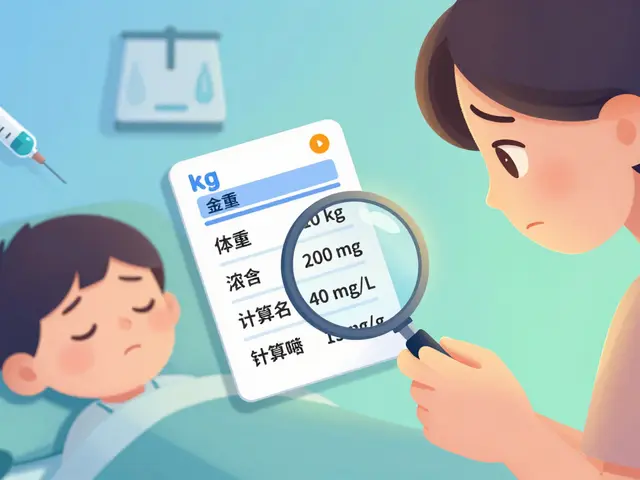Genetic Testing: What It Is, How It Works, and What It Can Reveal About Your Health
When you hear genetic testing, a medical process that analyzes your DNA to find changes linked to health conditions. Also known as DNA testing, it’s not just for rare diseases anymore—it’s becoming a normal part of understanding your body’s risks and responses. Think of it like reading a manual for your body. Your genes hold instructions for everything from how you metabolize drugs to whether you’re more likely to develop certain cancers or heart problems. This isn’t science fiction—it’s something doctors use daily to make smarter decisions about prevention, diagnosis, and treatment.
Genetic testing connects directly to inherited conditions, health problems passed down through families, like BRCA mutations or sickle cell anemia. If your mom had early-onset breast cancer, a test might show if you carry the same gene change. It’s not a crystal ball, but it gives you power—like knowing you’re at higher risk for high cholesterol, so you can start lifestyle changes earlier. It also ties into personalized medicine, tailoring treatments based on your unique genetic makeup. For example, some cancer drugs only work if you have a specific gene mutation. Without testing, you might waste months on a drug that won’t help you.
It’s not just about disease. Genetic testing helps explain why some people react badly to common meds—like why one person gets dizzy on a standard dose of a painkiller while another needs triple the amount. That’s because genes affect how your liver breaks down drugs. This is why genetic disorders, conditions caused by specific gene changes, like cystic fibrosis or Huntington’s are often diagnosed early now, even before symptoms show. Newborn screening programs test for dozens of these conditions right after birth, giving kids the best shot at managing them.
What you’ll find in the posts below isn’t just theory. Real people are using this info to make choices—like whether to get tested before having kids, how to adjust meds based on results, or why a certain treatment didn’t work for them. You’ll see comparisons of tests, how they’re done, what they cost, and how to interpret the results without getting lost in jargon. No fluff. Just what matters: what genetic testing can actually do for you, and what it can’t.
Learn how polyposis raises colorectal cancer risk, the genetics behind it, screening guidelines, prevention tips, and FAQs for living with the condition.



